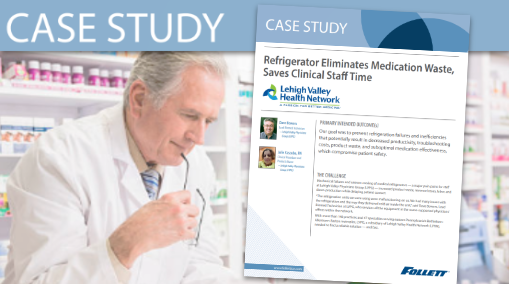- The BUZZ / News
- Publications
- MarketplaceAutomationCompoundingContamination ControlDelivery & ShippingDistributionFacilitiesFinanceManufacturingMerchandisingPatient CareHighlighted Practice SettingsProfessional DevelopmentProfessional ServicesSoftware
- Business Management, Operations, ERP
- Clinical Monitoring, Surveillance, Insights
- Controlled Substance Reporting
- Clinical Decision Support, Point of Care Reference, Dosing, DUR
- Drug Diversion Monitoring, Diversion Prevention
- Error Prevention, Drug Validation
- eMAR, EMR, EHR, Bedside Verification
- Formulary Management
- IV Workflow Management
- Long-Term Care Operation Management
- Medication Inventory Management & Procurement
- Pharmacy Management Systems, Workflow
- Stewardship Resources (Antibiotic, Opioid, etc)
Unit DoseWorkflow - Multimedia Content
- Career Center
- Market Intelligence
- Company







